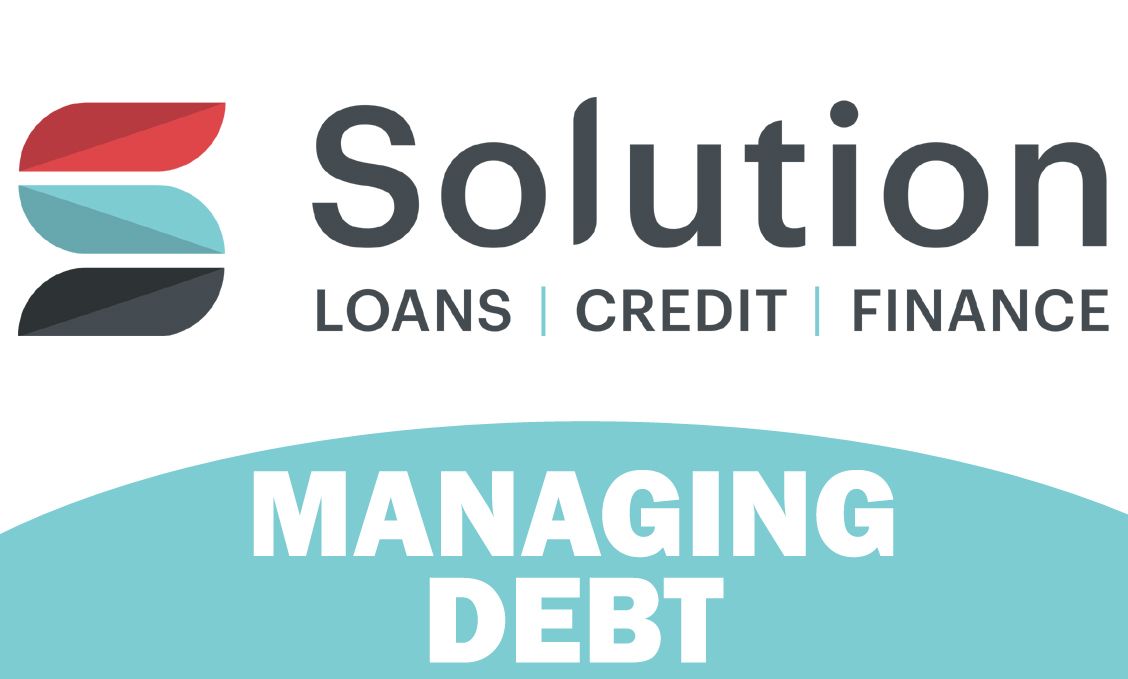A Guide To Managing & Reducing Your Debt
Here’s are the key steps you need to follow to take control of your current debt.

FREE debt advice is readily available – more information
Life throws curveballs at all of us sometimes and it can be easy to get into debt when circumstances change unexpectedly. You may have made mistakes in the past and these may have snowballed making your debts seem unmanageable and causing you stress and unnecessary anxiety.
However bad it seems, it’s important to remember that there is no shame in debt. Millions of Britons have, at one time or another, been in the same position. There are many people struggling with exactly the same issues that you might be right now.
So, you are not alone. Far from it. And by taking a realistic look at your financial situation, facing up to your debts and taking control, it is perfectly possible for you to overcome your debt burden.
The most important thing is to develop and implement a plan to deal with it. Without one, you could end up floundering around and find yourself overwhelmed by your debt instead of managing it:
- Be honest with yourself about your financial situation. Don’t try to avoid reality by not opening letters, hiding bills and generally ignoring your burden. List all of your outstanding debts so that you are fully aware of your situation. Make your partner, if you have one, fully aware of your situation.
- Make a budget. List your income and expenses and look at where you might be able to cut back. You want to try and divert money to debt repayment. It’s common to start overspending in an effort to cheer yourself up when you’re faced with the stress and anxiety caused by unmanaged debt. Stop buying expensive coffees, snacks and things which aren’t essential or don’t have long lifespans. Investigate switching utility suppliers for better deals and close any non-essential accounts that you can live without – mobile phones and satellite television packages, for example.
All about Bad Credit - Prioritise your debts. Missing any payment is to be avoided but doing so with some is more likely to have serious consequences than with others. If you have a mortgage and/or a secured loan, make them your absolute priorities and pay them regularly if you possibly can. Not doing so could see you lose your home. Likewise any finance packages secured on a vehicle like a hire purchase agreement or personal contract plan. If you need your vehicle for work, make paying these your second priority after your home. These are called your priority debts
- Pay your non-priority debts using the available income you have and any you have saved. Be absolutely fair about this and share out what you can afford between all of your non-priority creditors by offering each a percentage of your available income, based on the amount you owe them. These are called pro-rata offers. To work out your pro-rata offers, first of all multiply each individual debt by your available income. Then divide this sum by the total amount you owe to all of your non-priority creditors.
- Restructure your debts. If your debts are largely of an unsecured type (e.g. credit cards, personal loans, store cards, etc) and you own your home (with a mortgage) then you may have the option of a debt consolidation loan that is used to reduce your total monthly repayments.
- Don’t avoid your creditors. It is stressful when a company you owe money to or have missed a payment with starts pursuing you with letters and telephone calls. But not speaking to them or not contacting them will only make matters worse. If your creditors don’t know you’re having difficulties they will assume that you are choosing not to pay and they will start taking action to recover the debt.
- Be honest with your creditors. If you know that you’re struggling try to pre-empt stressful calls by contacting your creditors first. Have a list of income and expenses ready because some will ask for you to come up with a plan to pay what you owe and the more pro-active you are, the more likely it is that they will give you a little more time to get back on track. Learn about credit problems
- Consider a debt management plan if you have some money left after paying your priority creditors. This is an informal arrangement with your creditors to repay them with regular instalments. Instead of you speaking to your creditors yourself to arrange the plan, a debt management company, known as a DMP provider, does it for you. Some providers charge for this service, although there are several who will do it for free. The advantage of this is that you only make one payment to the provider which then divides it fairly between your creditors and will also contact them on your behalf.
- Apply for an administration order from the county court if you have debts of less than £5,000. This is a legally binding agreement between you and your creditors to pay back your debts over a period of time and the court decides what is reasonable for you to pay based upon your income.
- It may sound facile but stay positive. You are much more likely to be able to manage by being realistic and realising that debt is not the end of the world and can be overcome. Take regular exercise and try to eat and sleep well. You’ll feel more positive at work and be better able to cope with anything that you might previously have found difficult.
It may take some time to implement the plan and to gradually deal with your debt. But the fact that you do will be noted by the credit reference agencies and the impact on your credit score will be positive (your bad credit rating gradually improve). Once you have got things under control and have a balanced budget then you may be able to consider moderate amounts of borrowing in the future.
Case Study: How Bob & Karen dealt with unemployment and debt





